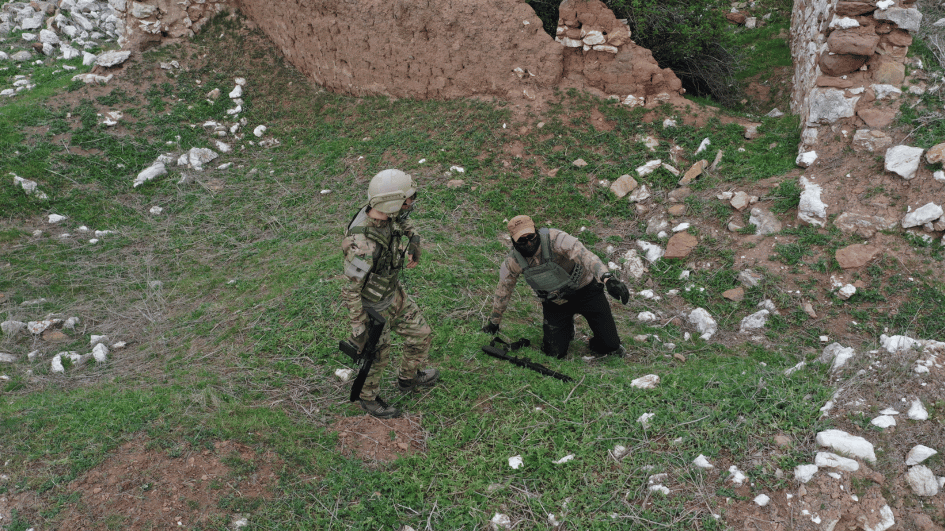Thanks, CPJ
Any newspaper reader in Turkey will have heard the name of the New York-based “Committee to Protect Journalists” (CPJ), I imagine.
Consequently, you will remember that the CPJ had recorded in a report issued last December that the number of arrested journalists in Turkey was “eight,” whereas, at that time, the number of jailed journalists was about to reach 70.
Finally, the CPJ has explained, in its own way, in Istanbul the other evening, the reasons that led to the figure “eight” in that report. It also expressed its “regrets” to those journalists who criticized the CPJ because it was inflicting harm on the cause of press freedom in Turkey by reflecting the number of jailed journalists way below its actual figure.
These were expressed during the dinner given by us, the International Press Institute’s (IPI) Turkish National Committee for the visiting CPJ delegation, together with local and foreign members of the press.
Before my notes about the dinner, I should point out that the CPJ actually corrected its figure “eight” with a special report titled “Turkey’s Press Freedom Crisis” issued in October. In this latest report, it was stated that as of August 1, 2012, there were 76 arrested journalists in Turkey and that at last 61 of them had been deprived of their freedom directly because of their journalistic activities.
The committee was investigating the situation of the remaining 15.
In this column, I had harshly criticized CPJ’s report in which the number of jailed journalists was reported as eight. After they finally corrected the eight to 61, I had again asked and demanded an explanation in this column on Oct. 25 as to where the “eight” had come from.
After this, a delegation made up of Kati Marton, a member of the CPJ Directors’ Board, and CPJ’s Europe senior consultant, Jean-Paul Marthoz, came to Turkey and met government officials in Ankara. We organized the dinner in honor of the delegation. Helene Flautre, the co-chair of the Turkey-EU Joint Parliamentary Committee, also joined us.
During the dinner, Turkish journalists and IPI executive board member Ferai Tınç told Kati Marton, “When the number of jailed journalists was reported as being extraordinarily low by a reputable institution like the CPJ, this resulted in a reaction in the Turkish government as if there was no need at all to improve the press freedom situation in the country and as a result, this interrupted the fight for press freedom.”
The CPJ representative replied to this criticism, saying: “Every year, we make a prison census in the world and issue a report. We are very cautious because all we have is our reputation. When the deadline of that report was approaching, we had not completed our research [on Turkey].”
As a result, CPJ said they were only able to identify eight journalists who were jailed in Turkey because of their journalistic activities and that the figure of jailed journalists was reflected as “eight” in the report. They continued their research after that report was issued to reach the number “61.”
At the end of her reply, Kati Marton said, “We are sorry.”
We, in turn, accept this as an apology and express our thanks to the CPJ.
Kadri Gürsel is a columnist for daily Milliyet in which this piece was published on Nov 11. It was translated into English by the Daily News staff.










